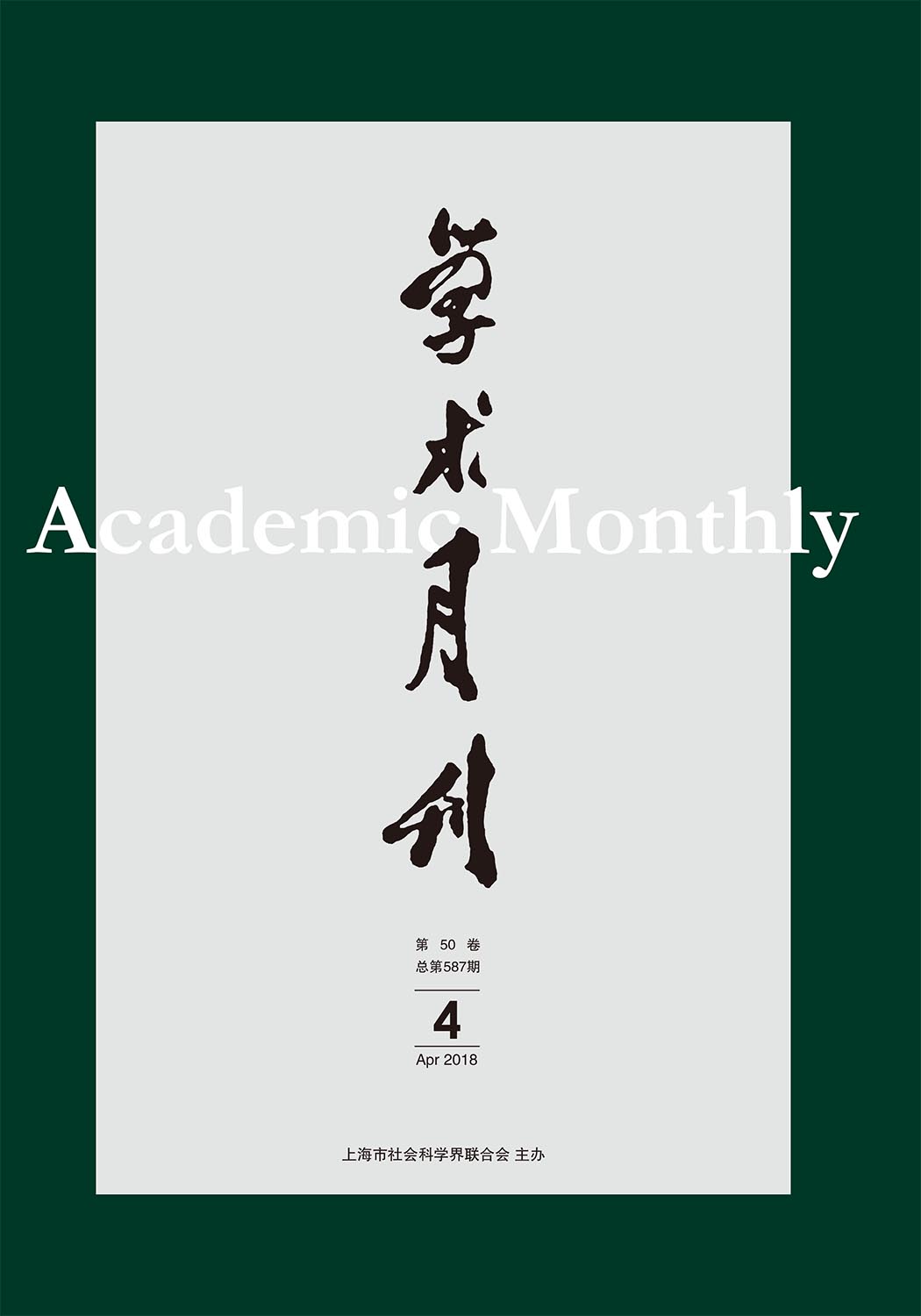Accounts of Everyday Activities and the Study of Rural Society in Nineteenth-Century Huizhou—— With Reference to Approaches and Sources in the Study of Social History in Ming and Qing Periods
Abstract: As a new genre of local historical document, pairizhang (“排日账”, account of everyday activities) was recently discovered in Wuyuan, Huizhou. The genre combines the traits of diary and account book and records everyday activities and family incomes and expenses on daily basis. Often kept by modern ordinary peasants, pairizhang provides rich information on many aspects of the keepers’ life world. The rich information on the social life recorded in the document may be explored from two interconnected perspectives. Firstly, by systematically examining the information on interpersonal connection, it becomes possible to reconstruct the interpersonal network of the keeper(s) and its change over time. Secondly, the relatively long time span of some pairizhang makes it possible to carry out mid-term analysis of interpersonal network, social order and social groups as well as their changes. The approach of mid-term analysis of interpersonal network may be not only applied to the study of rural society in nineteenth century Huizhou, it may also provide a fresh look at Ming and Qing society. On the one hand, the approach helps overcome several limitations created by privileging the study of the mid-level social groups in the field of Ming and Qing social history and provides a new, individual-oriented perspective to examine Ming and Qing Chinese society. On the other hand, it is also a useful tool to exploit fully and systematically the information on interpersonal network and social process as conveyed in other genres of local documents such as diaries, account books, letters, and contracts



 沪公网安备 31010102003103号
沪公网安备 31010102003103号 DownLoad:
DownLoad: